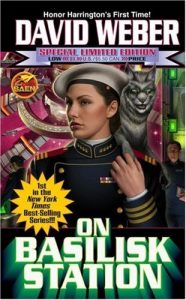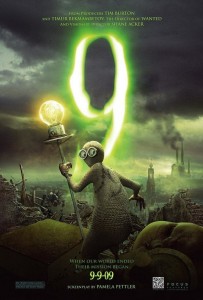Here is the main thing you need to know about Splice: it is being mismarketed in the previews as a horror movie. It is occasionally scary, it’s intensely psychological, and it has a moral component big enough for any three normal movies. But except for an unfortunate five minute interlude near the climax of the film, it is decidedly not horror. The real problem is that I’m not exactly sure what else to say; my options seem to veer between massive spoilers and convincing people that they shouldn’t watch it, neither of which would be my intention and both of which seem likely if I really tried to explain it. I’m pretty sure I can manage to dodge the spoilers, but the other part will be trickier.
So, what happens is, there’s this genetic engineering lab being funded by a pharmaceutical company, and the two lead scientists are rock stars in their field, even on the cover of Wired, for their work in splicing various genes together to create new organisms with solid pharmaceutical applications. Also, they are a couple because of how a man and a woman cannot simply be professional colleagues in a movie. (Or, it occurs to me, in comic books. But as this would be a messy digression, I’ll stop now.) Then, like you would probably expect to happen in a sci-fi morality play, they decide that it’s time to up the stakes by including human DNA into their splicing experiments. This is successful via the power of montage, and from there forward what you have is a movie. The thing is, it’s a very disturbing movie, and although I’m glad I saw it and would even say I liked it, I don’t think I want to see it again anytime soon.
Which is exactly the concern I had, because I feel like this was a very successful film in several ways: emotionally affecting, structurally sound, and technically excellent all three. Although I’m not convinced the masses will really understand[1] the distinction, I feel like they did an especially good job by portraying the moral component strictly via the characters and their actions, never really focusing that hard on the idea that the creation of Dren (the putative star of our drama) had a positive or negative moral component at all. Which, to bring it full circle, is another way I think the previews / marketing have failed the actual movie, though again, I doubt the viewing public will realize that particular “moral” dimension was disregarded so thoroughly.
[1] Then again, the masses won’t go see this movie anyway, so I may not have a point here after all.
 I’m having a hard time writing a cold review of
I’m having a hard time writing a cold review of 
 It occurs to me to state for the record that I did finally finish playing
It occurs to me to state for the record that I did finally finish playing